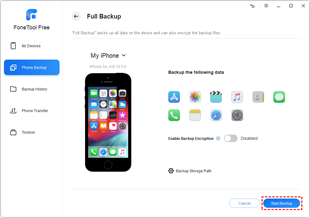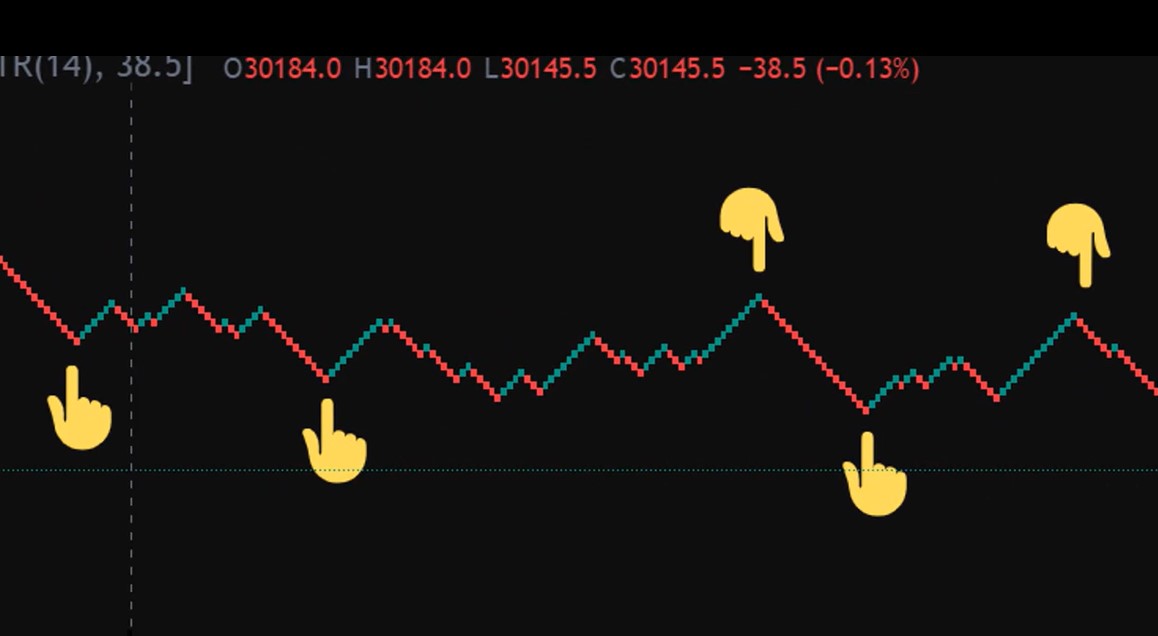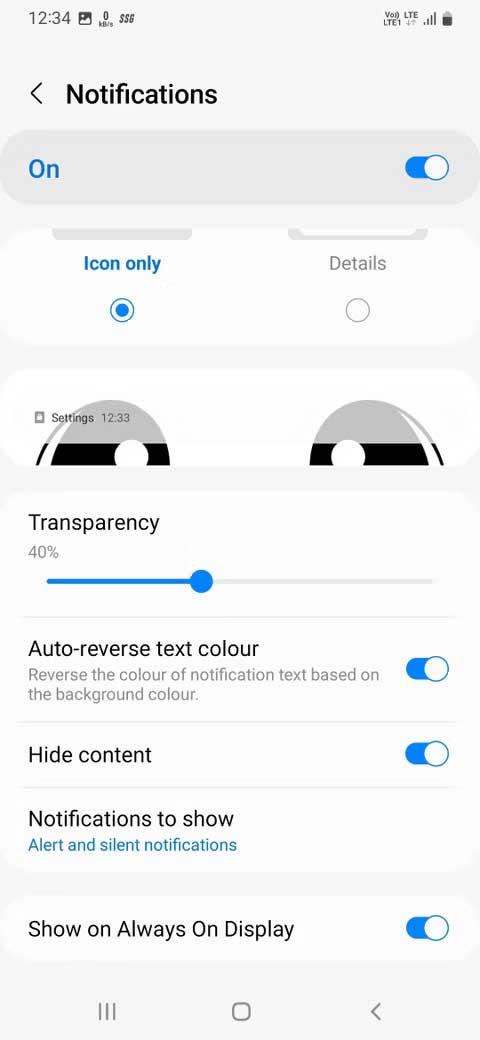The beginning of this year has seen the new $600 IRS tax law take effect. The law requires that all payment processors report business transactions that exceed $600 in total. And honestly, the rule has many people shaken. Zelle, a payment service by FirstBank, has also been caught in the mix.
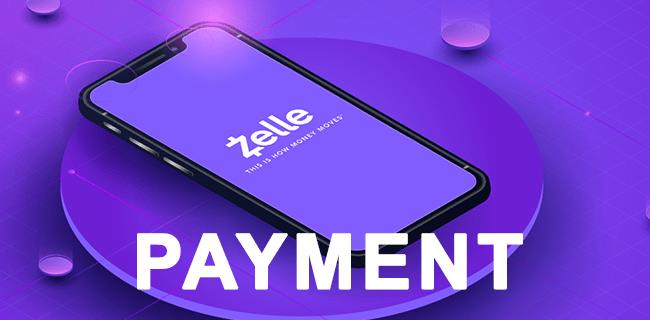
If you’re a Zelle user, you undoubtedly have questions. Will the payments you make through the app be subject to taxation? Will Zelle report your personal and business transactions to the IRS? Will Zelle give you a 1099-K form when the tax filing season rolls around this year? If you’re looking for answers to those questions, you’ve come to the right place. In this article, we will give you pertinent info you might need regarding Zelle and taxes. Let’s get started.
Are Zelle Payments Taxed?
The new $600 tax law that the IRS implemented mandates that sole proprietors who use online payment processors need to file returns if their annual income exceeds $600. Initially, the law was aimed at individuals making at least $20,000 a year, but the bar has since been lowered. This prompts the question: are Zelle payments subject to taxation? After all, isn’t it a payment processor? Well, the answer is “No.”
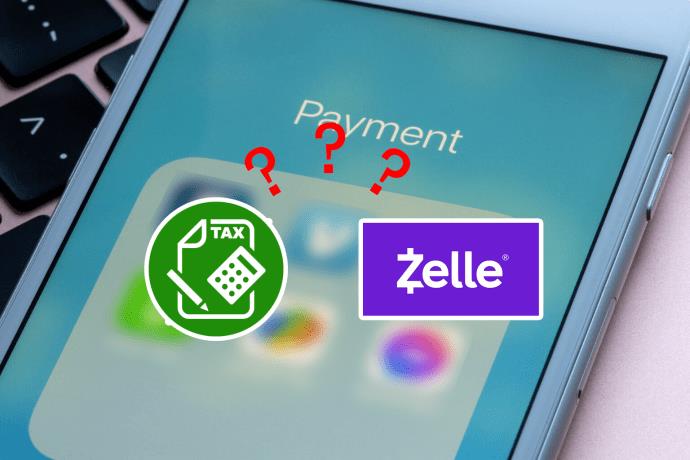
In an official statement, Zelle said that they simply facilitate messaging between financial institutions and hold no financial accounts and settlement of funds. The firm later added that its definition doesn’t fit that of a payment processor and therefore wouldn’t be subject to the $600 tax rule.
So, whether you’re transacting through your Zelle business or personal account, your transactions won’t be taxed even if they exceed $600.
Do You Have to Claim Zelle Payments on Taxes?
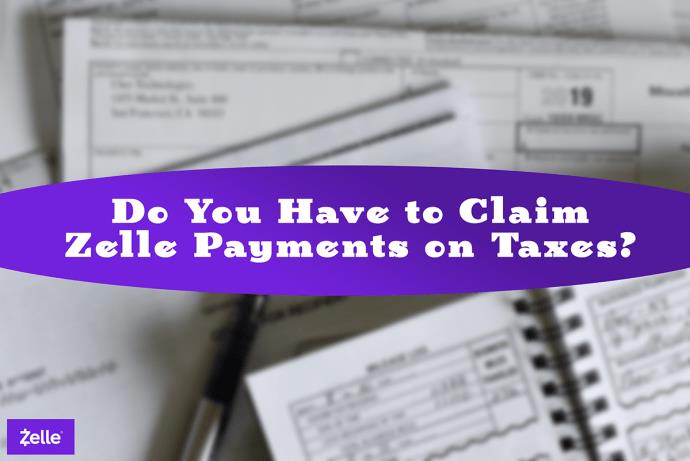
If you run business transactions through Zelle, it’s your responsibility to report them in your tax returns because Zelle won’t do that for you. However, if you’re passing money around for non-business reasons, you don’t have to claim it on taxes. If you’re unsure about how you’re supposed to classify your transactions, please consult a tax professional or the Zelle team.
Does Zelle Report Payments to the IRS?
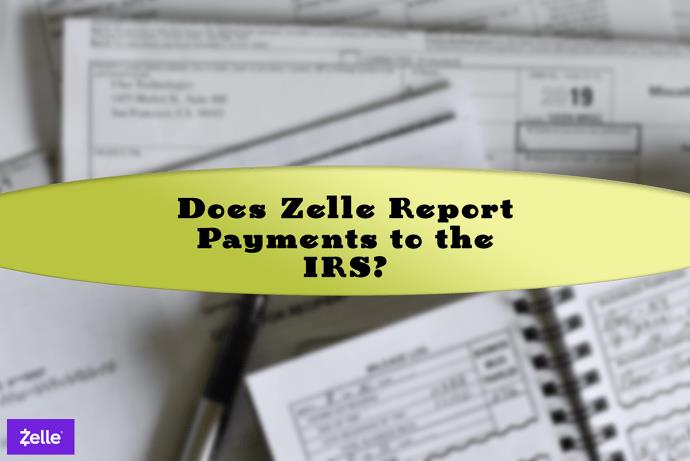
The law that requires payment processors to report business transactions exceeding $600 to the IRS doesn’t apply to Zelle. Therefore, regardless of the amount or the type of account used to transact, Zelle won’t report any payments that happen on the network to the IRS. As a result, if you transact money on the Zelle Network, the IRS will not know.
However, if the money is from your various business ventures or self-employment, it’s still your responsibility to let the IRS know about it.
Additional FAQs
Will Zelle send me a 1099-K form the next tax season?
No, the law that requires mobile money operators to issue their users 1099-K forms doesn’t apply to Zelle. And for that reason, you won’t receive any 1099-K forms from the platform.
Will Zelle tax me when I receive money through the platform?
No, Zelle is simply a payment gateway and doesn’t impose taxes on its users for transacting through the platform. However, if you receive any taxable income through the network, it’s your responsibility to report that income to the IRS.
Do Zelle payments count as income?
If you receive money through the Zelle network as a payment for goods or services, that money still counts as income. These funds include the gains you get from your side hustles, contracts, gigs, and other freelancing work. However, any money you receive from friends and family, such as gifts, is not considered income.
Who does the new $600 tax rule affect?
The law affects all the persons that receive a yearly income exceeding $600 from online business transactions.
If you receive money for non-business transactions, however, this law won’t affect you regardless of the platform you’re transacting on. In addition, if you’re using a platform that’s affected by this rule, you have to clearly indicate that the money you’re receiving or sending is not a business transaction. Otherwise, you might prompt a response from the IRS requiring you to clarify the transaction.
Which platform does the new $600 IRS law affect and not affect?
The rule targets all the online payment processors, including PayPal, Venmo, and Cash App. Zelle is the only platform that’s not affected.
Zelle: Untaxed Payments
As you can see, Zelle doesn’t affect how you pay your taxes, even though you use the platform to send and receive payments. Since the platform doesn’t report your transactions to the IRS, it unlocks a whole new level of the taxpayer’s privacy when transacting online. However, that doesn’t mean you can use it to avoid paying taxes on your income. As a good citizen, you must report taxable income whether the platform you’re using to transact reports your payments to the IRS or not.
Which payment processors have you used and have your transactions been taxed? Please share with us your experience in the comments section below.
